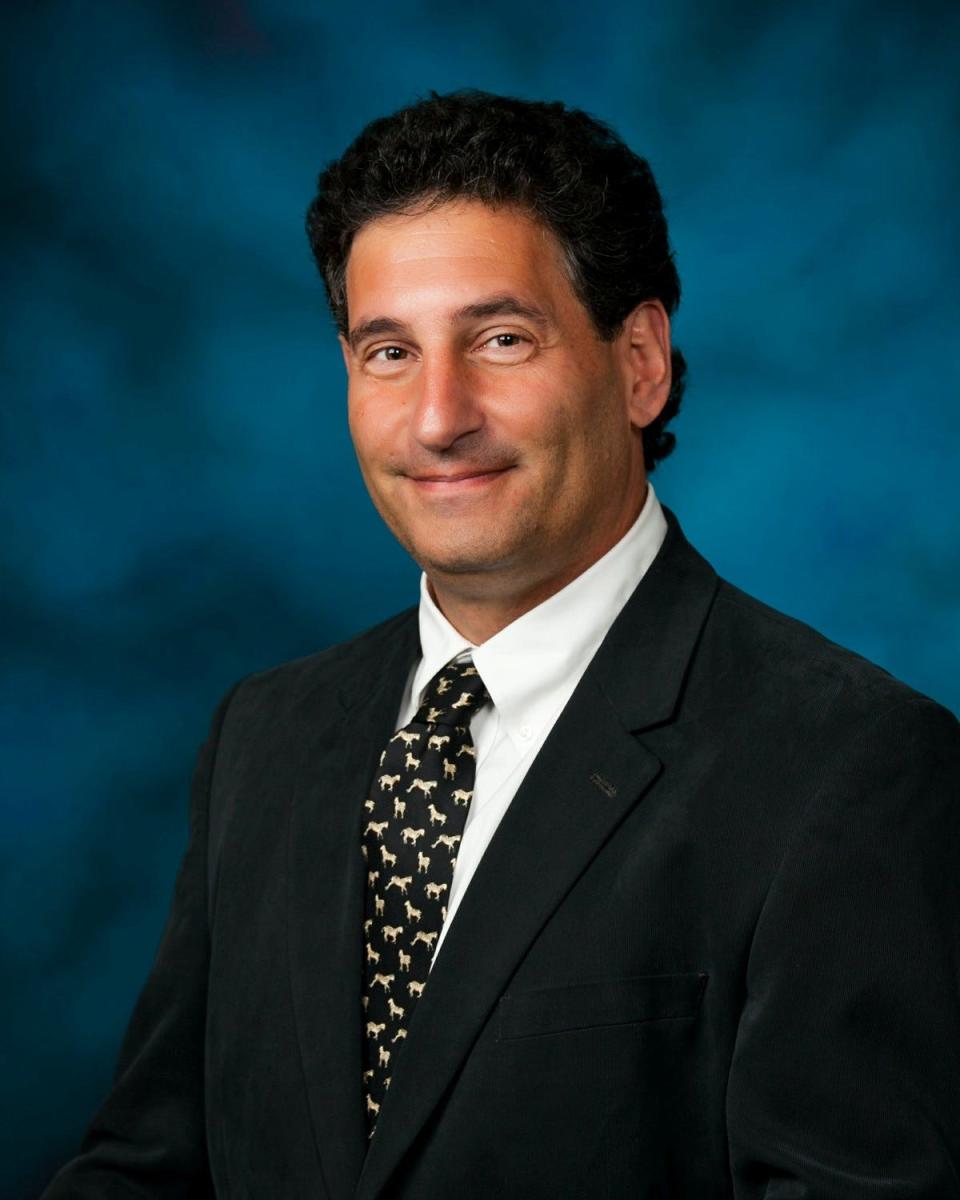What's up, Doc? How you can help with healthcare efforts in Ukraine
Q: I read about the situation in Ukraine every day. What can I do to help?
A: There are many charities doing different things to help people affected by the Ukraine war. Because I sit on the board of Health Tech Without Borders (HTWB), I will highlight that charity. One of its founders, Dr. Jarone Lee (jarone.lee@htwb.org), wrote today’s column with me.
HTWB is a non-sectarian, apolitical, global nonprofit organization aiming to mitigate sudden humanitarian emergencies where local communities are abruptly cut off from basic health care. People caught in these situations find themselves disconnected from health care professionals, medical institutions, doctors and other life-saving services, while at the same time their local hospitals, clinics and health care structures that are still functional are facing a sudden upsurge in the number of patients in need.

HTWB utilizes digital tools and technology to connect medical (including psychological) professionals to people acutely in need by providing immediate access to health care resources by leveraging digital technology. For example, HTWB set up Ukraine Telehealth Relief (#Telehealth4Peace), and has more than 800 clinicians and psychologists from throughout the world remotely utilizing their expertise and knowledge to directly interact with patients, caregivers and medical personnel. This demonstrates the global and scalable nature of technology to support humanitarian crisis.
HTWB, in conjunction with the Ukrainian telemedicine partner Doctor Online, has completed more than 100,000 telemedicine consults to patients, families and children. Additionally, psychological interventions have been given directly to patients and caregivers, and support given to medical providers as needed.
For example, HTWB was asked to find child mental health specialists, as this was something for which the clinicians in Ukraine needed additional support since they were less experienced working with pediatric patients, especially ones affected by a war zone. Although today’s column highlights HTWB’s efforts to help the people of Ukraine, HTWB has also helped victims of the floods in Pakistan and refugees at the U.S.-Mexican border.
So, how can you help? You can support the work being done by HTWB by donating or you can help by donating to one of the many other charities helping the people affected by this humanitarian crisis (such as UNICEF, Médecins Sans Frontieres/Doctors Without Borders, the International Committee of the Red Cross, Save the Children, CARE, International Medical Corps, others). In addition, you can advocate for people there by contacting your elected officials, host Ukrainian refuges, send humanitarian supplies, help send educational materials to medical professionals, and/or support one of the many other organizations providing aid.
And as an added bonus to doing something wonderful, research has demonstrated that the benefits of giving/volunteering include:
improved health and decreased overall mortality;
connecting with others. Getting involved is often a social activity, interacting and making friends with others;
and improving self-esteem. Giving can increase self-confidence, help combat depression and make you happy. The positive effects of feeling good about yourself and the things you do cannot be overstated.
Remember to get your family involved. For example, if you choose to donate money, allow your children to chip in. As soon as a child is old enough to understand the concept of getting presents, they are old enough to be exposed to the concept of giving.
Many parents take their kids to pick out a gift for the other parent, a sibling or another relative; “this is from me, Mommy” is always accompanied by a heart-warming smile. Why not extend this to the joy of charitable giving by allowing your child to donate as well? No charity will mind a contribution of $1,000.32. They may not understand the 32 cents, but your child will.
Bottom line, take action. There are many things you can do to help. Above are just a few examples, but this is by no means an exhaustive list. So reach out to charities you respect, to your local places of worship and to other organizations. Together, we can make the world an even better place to live.
Jeff Hersh, Ph.D., M.D., can be reached at DrHersh@juno.com.
This article originally appeared on MetroWest Daily News: Donating to Ukraine efforts or other causes is a healthy habit

